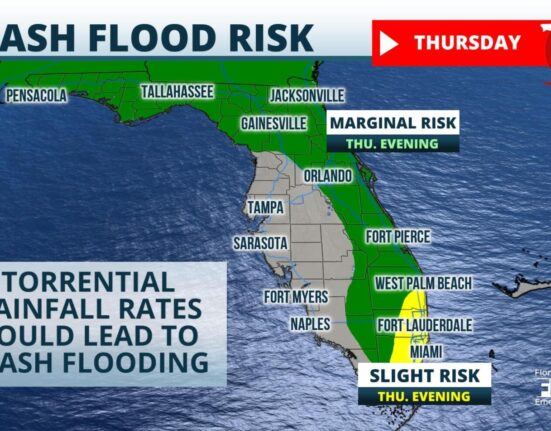Africa is a continent with a rich agricultural heritage, where farming has been the backbone of sustenance and economic progress. However, in recent times, Africa has been grappling with a myriad of challenges stemming from climate change. From crippling droughts to devastating floods and encroaching desertification, the impacts of environmental shifts are acutely felt across the region.
The urgency of addressing these challenges was underscored at the Africa’s Green Economy Summit (AGES). Maxwell Gomera, a prominent figure at the event and resident representative of UNDP South Africa, emphasized that sustainability is not just an environmental imperative but also a crucial economic consideration. He highlighted the pressing need for Africa to transition its economy towards more sustainable practices to ensure long-term prosperity.
“We are at a defining moment… economies of the future are not only the ones that adapt to change but the ones who lead it,”
remarked Gomera. This sentiment encapsulates the essence of AGES – a platform for envisioning a greener and more prosperous future for Africa through innovative investments and sustainable development strategies.
### Embracing Technological Advancements
The disparity in technological advancements between Africa and developed nations was brought into sharp focus during the summit. While strides have been made in areas like space exploration and autonomous vehicles, essential needs such as clean cooking facilities for millions of African households remain unmet. This imbalance underscores the importance of leveraging technology and investment to bridge existing gaps and propel Africa towards a more sustainable future.
### Harnessing Climate Financing
One critical aspect discussed at AGES was the significance of climate financing within Africa. With uncertainties surrounding global agreements like the Paris Agreement, there is growing emphasis on developing internal financial mechanisms to support green initiatives within the continent. Gomera stressed that building robust financial structures is key to ensuring stability and fostering economic growth while addressing pressing environmental concerns.
“A truly green economy cannot leave the poor behind,”
noted Gomera, drawing attention to the need for inclusive policies that uplift marginalized communities and create opportunities for all sectors of society to benefit from sustainable investments.
### The Promise of Regenerative Agriculture
Amidst discussions on transitioning towards greener economies, agriculture emerged as a focal point at AGES. African countries have long relied on agriculture as a primary source of livelihood; however, changing climatic patterns pose significant threats to food security and water availability.
Innovative farmers showcased regenerative farming practices aimed at mitigating climate risks while promoting sustainable agricultural models. Farmers like Angus McIntosh exemplified how regenerative techniques can enhance soil health, increase carbon sequestration, and improve overall farm resilience against environmental shocks.
“Nature does not waste; waste is a human construct,”
Farmer Angus emphasized while demonstrating his approach towards integrating natural elements like chicken feathers into his farming methods to enrich soil quality. Such practices not only benefit agricultural productivity but also contribute to mitigating climate change effects by reducing carbon emissions.
### Redefining Financial Models
Conversations around financing small-scale farmers shed light on evolving approaches within the agricultural sector. Roswitha Knol advocated for reimagining financial models to support smallholder farmers in adopting sustainable practices that could significantly boost their yields.
John Scicchitano emphasized that although capital providers stand ready to invest in agriculture, there remains a gap in preparing companies for investment readiness. Innovative solutions such as value chain financing, blended finance options, digital credit facilities, and green finance initiatives are emerging as pathways towards unlocking smallholder farmers’ potential while ensuring their financial viability in an ever-changing landscape.
Looking ahead: opportunities for innovation
As experts outlined strategies during panel discussions at AGES,
the consensus was clear – embracing diverse financing approaches tailored
to specific contexts holds tremendous promise
for empowering smallholder farmers
and building resilient agricultural ecosystems across Africa.
By fostering collaboration between stakeholders,
including farmers,
agribusinesses,
financial institutions,
and investors,
a vibrant ecosystem can be cultivated
where sustainability thrives
and prosperity blossoms.
In conclusion,
the conversations sparked at AGES echo far beyond conference halls.
They resonate with profound implications
for shaping Africa’s developmental trajectory
and steering it towards
a greener,
more equitable future.
By harnessing technological innovations,
embracing inclusive policies,
and reimagining financial frameworks
Africans can chart
a transformative course
towards sustainable growth
and shared prosperity.









Leave feedback about this